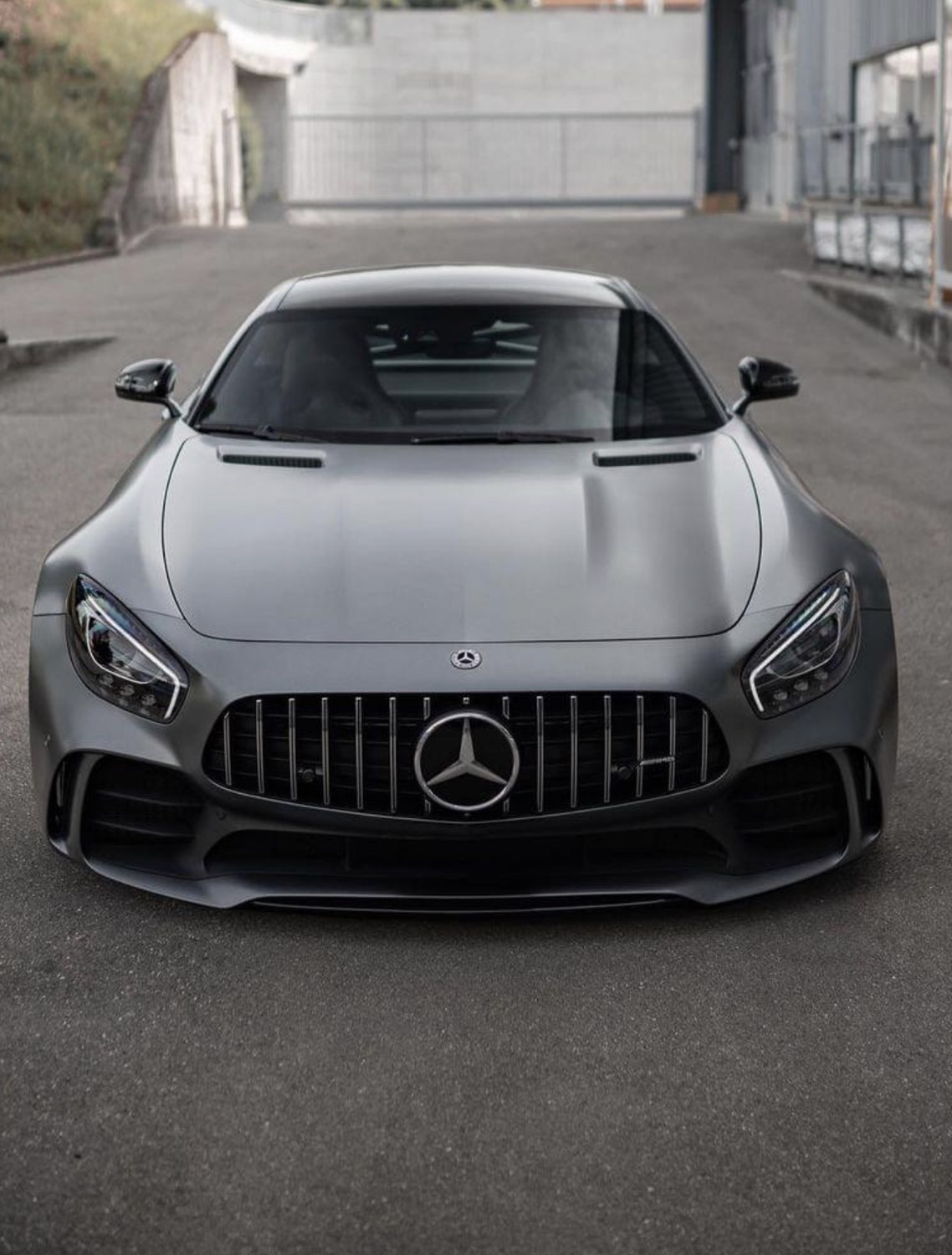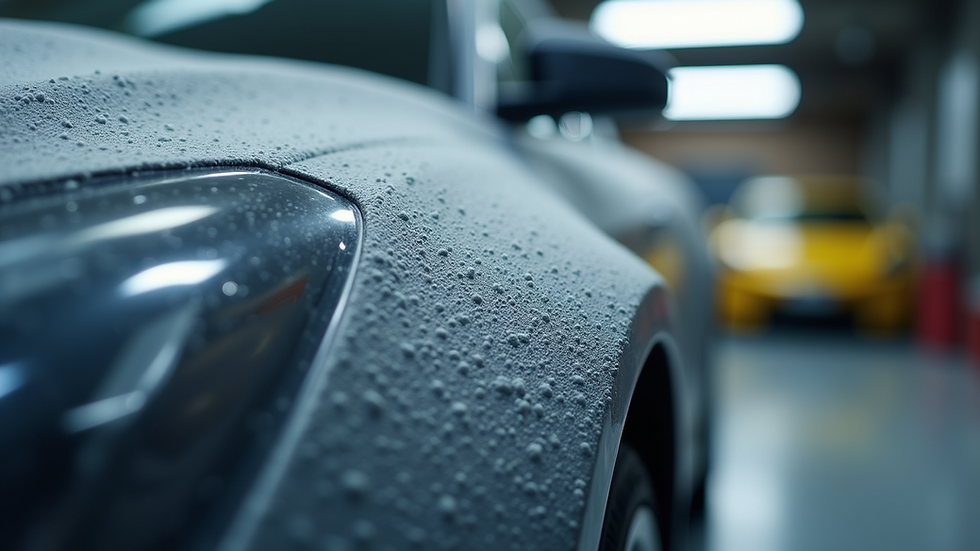Understanding Rust After Collision Repairs: Key Prevention, Detection and Treatment Strategies
- Ahmed Hassen

- Jul 7
- 4 min read
Rust can be a car owner's worst nightmare, especially after collision repairs. It not only harms the look of a vehicle but can also lead to serious structural issues over time if not managed properly. Knowing how to prevent, detect, and treat rust after car repairs is essential to keep your vehicle in top shape.
The Importance of Rust Prevention
Preventing rust should be the main focus after any collision repair. Immediate steps can make a big difference in the longevity of your vehicle. Rust forms when metal meets moisture and oxygen, leading to significant damage if not addressed.
Many car manufacturers use treatments like galvanization and anti-corrosion coatings. However, repairs can leave new metal exposed to moisture. Covering these areas efficiently can prolong your vehicle’s life. For instance, a study showed that vehicles regularly treated with rust inhibitors have up to a 50% lower chance of rust damage over five years.
Applying wax or sealant regularly can create a strong barrier against moisture. Consider doing this every three months for best results.

Detecting Rust Early
Finding rust damage early can save you time and money down the road. After repairs, inspect your vehicle both visually and by touch.
Check for rust in hidden spots, particularly:
Under wheel wells
Around door edges
Beneath the hood
These areas are prone to moisture buildup. Look closely for rough patches or blisters in the paint, which may indicate rust forming underneath. For example, about 30% of rust damage originates from these less visible locations, emphasizing the importance of thorough checks. Acting quickly when you spot these signs can prevent further issues.
Treatment Options for Rust
If rust is found, swift action is necessary to address it. Treatment can vary based on how severe the rust is and where it's located.
Minor Rust
For small rust spots, you may be able to manage it yourself. Here’s a basic process you can follow:
Sanding: Use sandpaper to remove rust and paint from the affected area.
Cleaning: Wipe down the area with a clean cloth and an appropriate rust remover.
Priming: Apply a rust-resistant primer to seal the exposed metal.
Painting: After the primer dries, paint over the area with a matching color to maintain aesthetics.
Moderate to Severe Rust
If rust is severe, professional help may be needed. Options include:
Cutting Out Rusted Areas: In cases of significant damage, it might be necessary to cut out the rusted metal and replace it with new metal.
Welding: For severe rust spots, welding patches into the affected areas might be essential.
Professional Restoration: Sometimes it makes sense to consult an expert who can assess the damage and provide the best treatments.

Long-Term Strategies for Rust Prevention
Once rust is treated, it is essential to take steps to prevent it from returning. Having a proactive maintenance routine can significantly lower the chances of rust resurfacing.
Routine Inspections
Aim to perform inspections of your vehicle every six months. Checking for early signs of rust can make the repair process faster and easier.
Washing Your Vehicle
Washing your vehicle regularly is crucial. Remove harmful debris such as road salt and bird droppings, especially from the undercarriage, where grime can trap moisture. Studies show that regular cleaning can reduce rust-related repairs by up to 40%.
Proper Storage
If possible, store your vehicle indoors. Parking in a garage or carport protects it from rain, snow, and other environmental factors. If outdoor parking is your only option, invest in a high-quality car cover to shield your vehicle from the elements.
Environmental Considerations
Environmental factors can significantly affect rust formation. Areas with high humidity, coastal regions, and climates with frequent rainfall can increase rust risk. Understanding your local environment can help you develop a tailored rust prevention plan.
Salt and Humidity
Living near the coast or in areas that use road salt in winter increases the urgency of rust prevention measures. Consider regular applications of rust-proofing products that are specifically designed for these climates.
Temperature Fluctuations
Fluctuations in temperature can cause hidden areas of your vehicle to condense moisture, raising the risk of rust. Using a dehumidifier in your garage, especially in humid areas, can make a big difference.

Seeking Professional Help
If you're uncertain about the condition of your vehicle after a collision, don't hesitate to consult professionals. Experts in auto body repair and rust treatment know the specific needs of different metals and coatings. Their guidance can help you make the best decisions for your vehicle.
Finding the Right Service Provider
Choose a service provider who specializes in rust prevention and collision repairs. Look for trustworthy reviews and ask for recommendations from friends or family. Many shops offer free inspections to provide peace of mind.
Maintaining Your Vehicle’s Value
By understanding the risks of rust after collision repairs, you can protect your investment. Implementing effective strategies for prevention, detection, and treatment ensures your vehicle stays in great condition.
Regular inspections, thorough washing, and protective measures not only combat rust but also enhance your car’s aesthetic appeal. Taking a proactive approach now will save you significant time and money later, allowing you to enjoy your vehicle for many years to come.




Comments